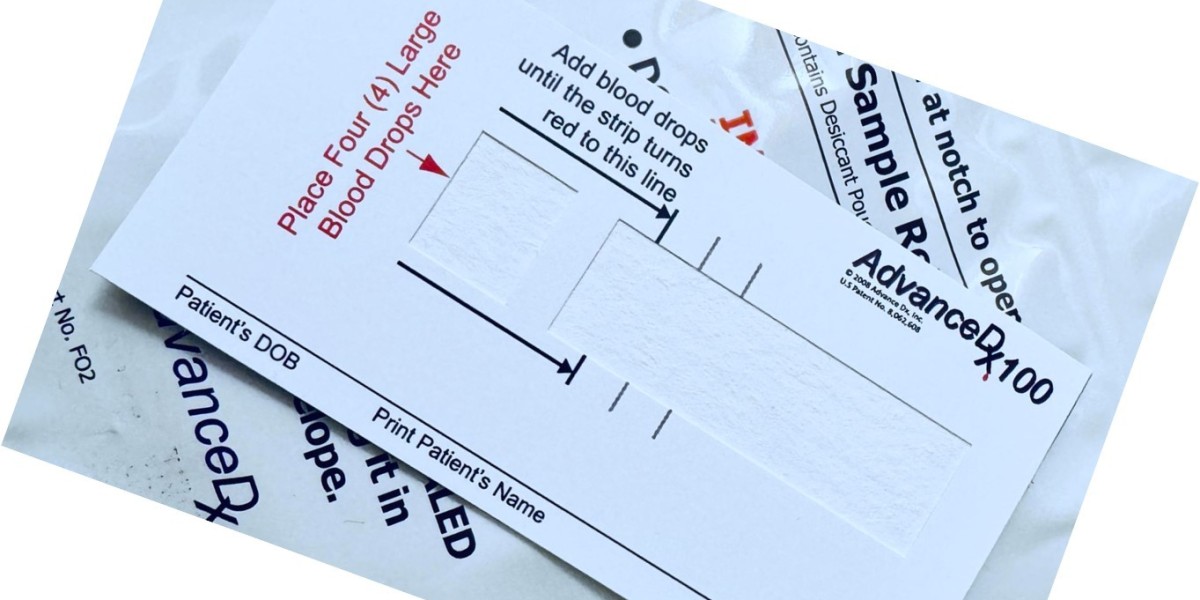The free T4 blood test is a crucial diagnostic tool used to assess thyroid function. Thyroxine, or T4, is one of the primary hormones produced by the thyroid gland, which plays a vital role in regulating metabolism, energy levels, and overall bodily functions. The measurement of free T4—specifically the unbound form of thyroxine—provides healthcare providers with valuable insights into how well the thyroid gland is operating. This article explores the significance of the free T4 test, its procedure, implications of results, and its role in diagnosing thyroid disorders.
Understanding Thyroid Hormones
The thyroid gland, located in the neck, produces several hormones free t4 blood test metabolic regulation. Among these hormones, thyroxine (T4) and triiodothyronine (T3) are the most significant. T4 is produced in larger quantities than T3 but is converted into T3 in various tissues throughout the body. T4 exists in two forms: bound and free. Bound T4 attaches to proteins in the blood, making it inactive, while free T4 is unbound and available to enter cells and exert its effects. The free T4 test measures only this active form, making it a more accurate indicator of thyroid function compared to total T4 tests that include both bound and unbound forms.
The Importance of Free T4 Testing
Testing for free T4 levels is essential for diagnosing thyroid disorders such as hypothyroidism and hyperthyroidism. Hypothyroidism occurs when the thyroid gland does not produce enough hormones, leading to symptoms like fatigue, weight gain, and depression. Conversely, hyperthyroidism results from excessive hormone production, causing symptoms such as weight loss, anxiety, and rapid heartbeat. By measuring free T4 levels alongside thyroid-stimulating hormone (TSH) levels, healthcare providers can more accurately determine whether a patient has an underactive or overactive thyroid.
How the Free T4 Test Is Conducted
The free T4 test involves a simple blood draw. Patients are usually required to fast for several hours before the test to ensure accurate results. It is important for individuals to inform their healthcare provider about any medications or supplements they are taking since certain substances, such as biotin or estrogen-containing medications, can affect hormone levels. Once the blood sample is collected, it is sent to a laboratory where technicians measure the concentration of free T4 in the serum.
Interpreting Free T4 Test Results
Results from a free T4 test are typically reported in nanograms per deciliter (ng/dL). Normal ranges can vary slightly between laboratories but generally fall between 0.8 to 2.0 ng/dL. Elevated levels of free T4 may indicate hyperthyroidism or conditions such as thyroiditis or pituitary gland disorders. Conversely, low levels can suggest hypothyroidism or other related issues like Hashimoto's disease. It is crucial for patients to discuss their results with their healthcare provider to understand what they mean in the context of their overall health.
Factors Affecting Free T4 Levels
Several factors can influence free T4 levels beyond thyroid function itself. Pregnancy often leads to increased levels due to hormonal changes that affect protein binding in the blood. Additionally, certain medications and health conditions such as liver disease or kidney dysfunction can alter hormone metabolism and clearance from the body. Therefore, interpreting free T4 results requires careful consideration of these variables alongside other diagnostic tests.

The Role of Free T4 Testing in Clinical Practice
In clinical practice, free T4 testing plays an integral role not only in diagnosing thyroid disorders but also in monitoring treatment effectiveness for patients already diagnosed with conditions like hypothyroidism or hyperthyroidism. Regular monitoring helps ensure that patients receive appropriate medication dosages and adjustments based on their hormone levels. This ongoing assessment is vital for maintaining optimal health and preventing complications associated with untreated thyroid dysfunction.
Conclusion
In summary, the free T4 blood test serves as a key indicator of thyroid function and overall metabolic health. By measuring the unbound form of thyroxine, healthcare providers can gain critical insights into thyroid activity and diagnose potential disorders effectively. Understanding how this test works and interpreting its results are essential for both patients and healthcare professionals alike. Regular testing and monitoring can lead to timely interventions that significantly improve patient outcomes and quality of life. As awareness about thyroid health continues to grow, so does the importance of utilizing tests like free T4 to maintain optimal wellness.



